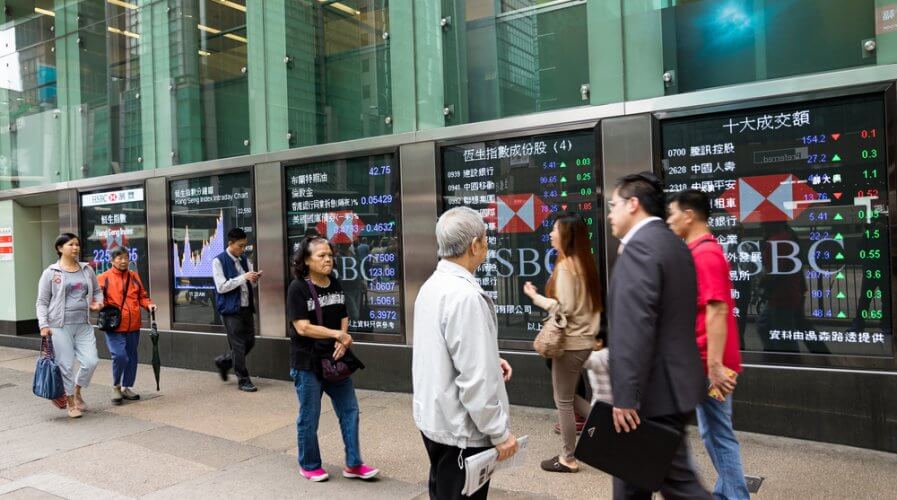
HSBC Bank’s use of blockchain to transform the letter of credit is quite exceptional. Source: Shutterstock
HSBC Malaysia uses new technology to upgrade the ‘letter of credit’
ALTHOUGH blockchain technology has been around for more than a decade, business leaders still find it hard to understand.
As a result, the seemingly limitless potential of the technology is yet to manifest itself in the varied applications suggested by experts.
In the banking and financial services industry, however, despite the slow progress, organizations seem to be making headway with bold pilot projects and trials — most of which lie firmly within the trade finance space and indicate that the niche segment is on the verge of a blockchain-powered revolution.
Most recently, HSBC Bank announced the first-ever live pilot blockchain letter of credit (LC) transaction in Malaysia.
The transaction involved the import of resin by Malaysia’s Simply Packaging Sdn Bhd (Simply Packaging) from a Singaporean company, both active players in the packaging and chemicals industry respectively. For the purposes of this transaction, HSBC Malaysia was the issuing bank and HSBC Singapore was the advising/nominated bank.
HSBC Bank also believes that the use of trade finance solutions like blockchain will help to increase the velocity of trade.
This is especially true in situations where shipping routes are short, like the crossborder trade between Malaysia and Singapore where the physical transfer of goods takes a relatively short time – usually less than 48 hours – and the administrative paperwork often delays their delivery.
The process of exchange and checking of documents typically takes five to 10 days. However, through HSBC, Simply Packaging was able to complete the transfer in 24 hours, which not only speeds up trade velocity but also helps reduce transaction times and brings in working capital efficiency.
The bank, with several clients in the SME and enterprise space in the country, believes that the successful execution of the transaction marks a significant step towards the digitization of trade.
“I am very pleased that HSBC has pioneered Malaysia’s first pilot blockchain LC transaction. This showcases our strong commitment and ability to support cross-border trade by Malaysian businesses using cutting-edge technology platforms,” said HSBC Malaysia CEO Stuart Milne in a statement to the press.
It’s important to note that blockchain-based LC and other trade finance solutions — which HSBC has been piloting over the past year or two — are not only suitable for large enterprises but also for SMEs.
“We hope to better support our Malaysian customers, particularly the SMEs who makeup 98.5 percent of business establishments in Malaysia and contributed 38.3 percent to the nation’s GDP last year, through this innovative digital solution in trade finance,” said HSBC’s Milne.
Although the trail has been successful, there is no indication that blockchains will become the de-facto technology used for trade finance or even letter of credit transactions in the future, in Malaysia or anywhere else just yet.
The trade finance niche, however, is definitely making better progress that other sectors and industries when it comes to adopting blockchain technology — and there’s hope that, with support from regulators, the technology will become commonplace in the near future, especially because of the efficiency and savings it promises.
READ MORE
- Aviation giant Airbus turns to chatbots to engage top talent
- In the digital economy, MoneyGram focuses on getting the basics right
- How FedEx uses technology to delight customers in the digital era
- FedEx Express/Ground collaboration will improve last-mile delivery
- Growth is fabulous: Why Foodpanda’s app and team are growing rapidly


